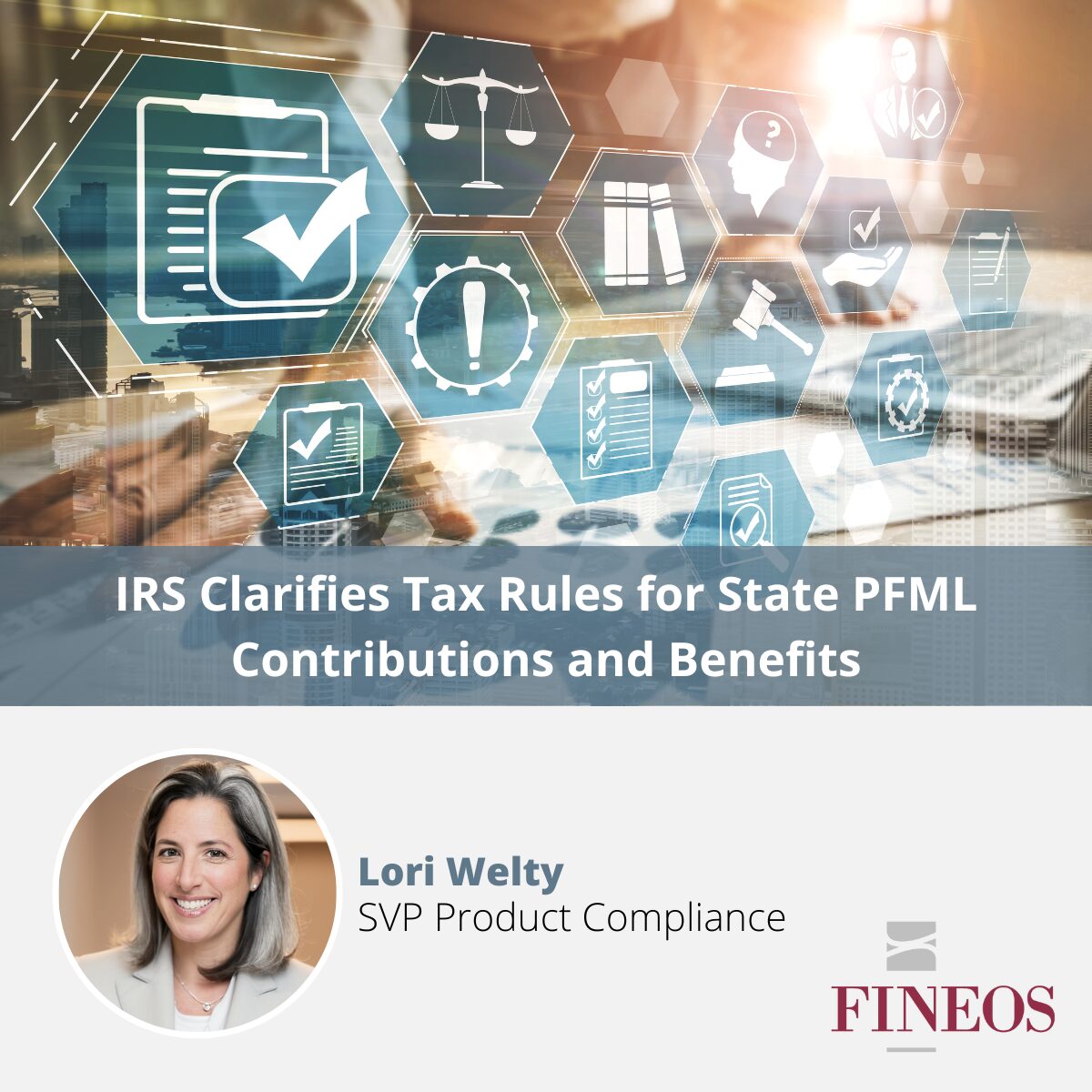Michael Quinn, Chief Technology Architect, FINEOS
For a myriad of reasons most insurers are not moving their core systems to public cloud in the next 3-5 years. However, insurers are adopting private cloud computing. Our customers today are running FINEOS Claims in private clouds with others planning to transform how they deliver IT services by using private cloud. At FINEOS we run our infrastructure on a private cloud, including development, test and customer support environments. We currently have over 400 (and counting) virtual machines in our global private cloud. The benefits we have experienced of using private cloud are similar to that our customers are experiencing by moving to private cloud.
- Reduced capital expenditure and reduced operating costs. The centralised infrastructure management capabilities of private cloud mean that we achieve a much higher ratio of machines to IT system engineers. Electricity costs are also much less. It’s easier to stop machines when they are not in use.
- More efficient use of infrastructure. For example, we no longer need to have dedicated physical machines that typically ended up being underutilised.
- Greater agility and flexibility. We can easily fire up new environments in a matter of minutes. We do have to keep an eye to capacity planning, but this is much easier with private cloud infrastructure.
- Better governance of IT assets.
- Better security, centrally managed.
- Physical space; we simply would have had to rent more floor space to house the infrastructure were we not using private cloud.
- It is much easier and less costly to maintain our disaster recovery centre.
There are some other benefits of private cloud that are not as well understood. With a private cloud infrastructure in place, it is much easier to move to public cloud or hybrid cloud. Private cloud makes it easier to benefit from Moore’s law. For example, the more recent Xeon processors are over twice as fast as earlier Xeon processors. If the prospect of more horsepower isn’t enough to entice you to private cloud, then consider how much of the software you need to run your business is licensed. Most software licensing models are based on CPU capacity or some proxy thereof. With private cloud you have the opportunity to manage these costs more effectively, as the licensing models tend not to keep up with Moore’s law. For example, you can pay the same software license fee for an older processor as a much faster newer processor which you’ll need fewer of. Faster processors also means better performance and faster response times for end users, and that holds true even if your current CPU utilisation on older hardware is moderate. Viva Moore’s law!


